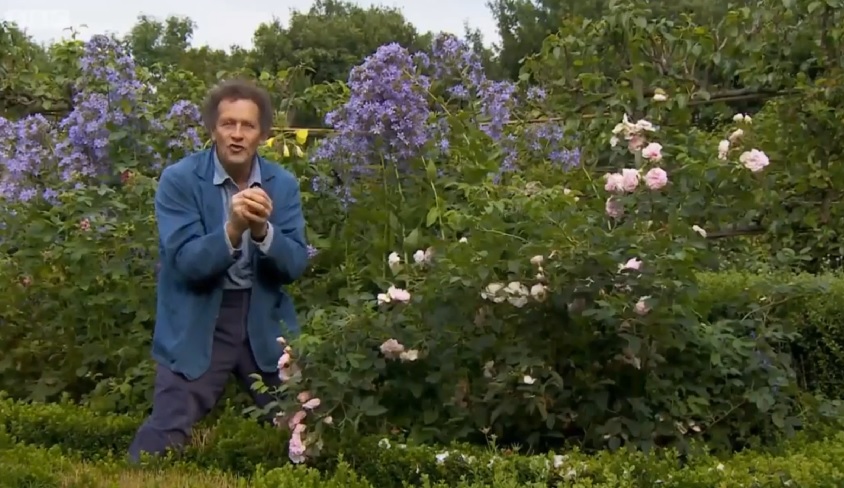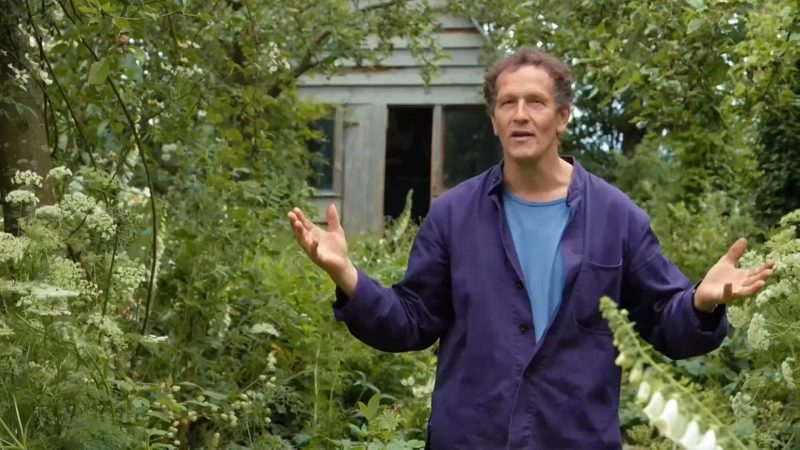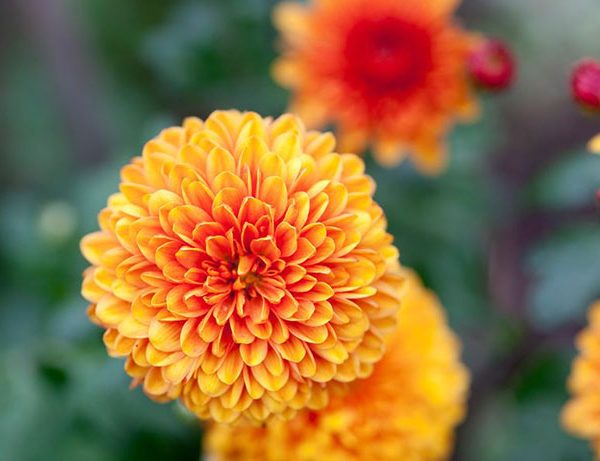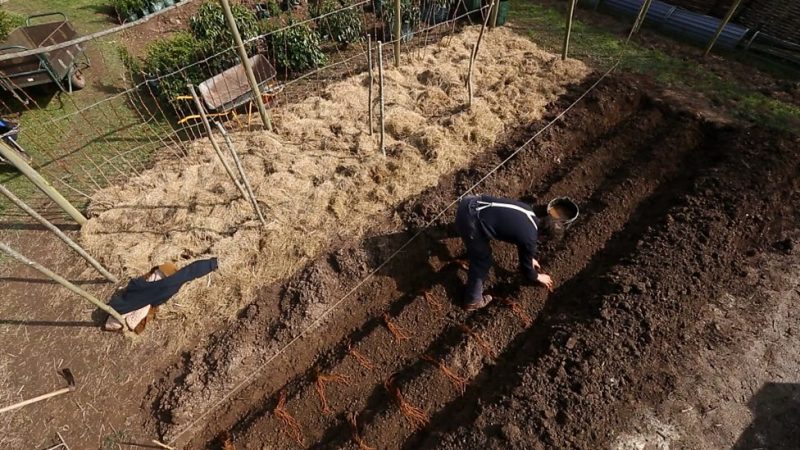In Gardeners World episode 18 2015, July is a great time to get out and about visiting gardens, and this week Monty Don travels to Cambridge for an exclusive tour of the gorgeous garden at Clare College. He will also be catching up with various tasks at Longmeadow and, with luck, will be harvesting his first tomatoes.
Gardeners World episode 18 2015:
Perennials to propagate from semi-ripe cuttings
Summer to early autumn is a good time to take semi-ripe cuttings of perennials that are either tender or short-lived. Examples include lavender, penstemon, fuchsia, gazania, verbena, heliotrope, marguerite and pelargonium. Follow Monty’s step-by-step guide above and give it a whirl! To stop the cuttings from rotting over the winter, it’s best to keep them on the dry side, preferably in a light, frost-free place at a temperature of around 7°C (45°F). Semi-ripe cuttings taken in the summer will be ready to harden off by May the following year.
Cut back chives
Chives are traditionally grown in rich, well-drained soil in full sun, but are also tolerant of shady, wet conditions and heavy soils. Both leaves and flowers are edible. Cutting the leaves right down to the ground after flowering will not only improve their appearance, it’ll help to promote a new flush of leaves perfect for the cooking pot.
Chop down & feed spent delphiniums
Once your delphinums have finished flowering, it’s worth chopping them right back to the ground and giving them a liquid feed. Monty likes to use a seaweed fertiliser, but a tomato feed would work just as well. This, in turn, encourages a new flush of leaves and maybe even a second batch of flowers!
Damp down your greenhouse floor
When it’s hot and sunny, it’s worth pouring water onto the floor of your greenhouse at the start of the day. This will help to increase the humidity around your plants and so prevent heat stress. Spider mite infestations will be kept at bay too. Take care not to wet your plants though, as this can encourage the spread of disease.




